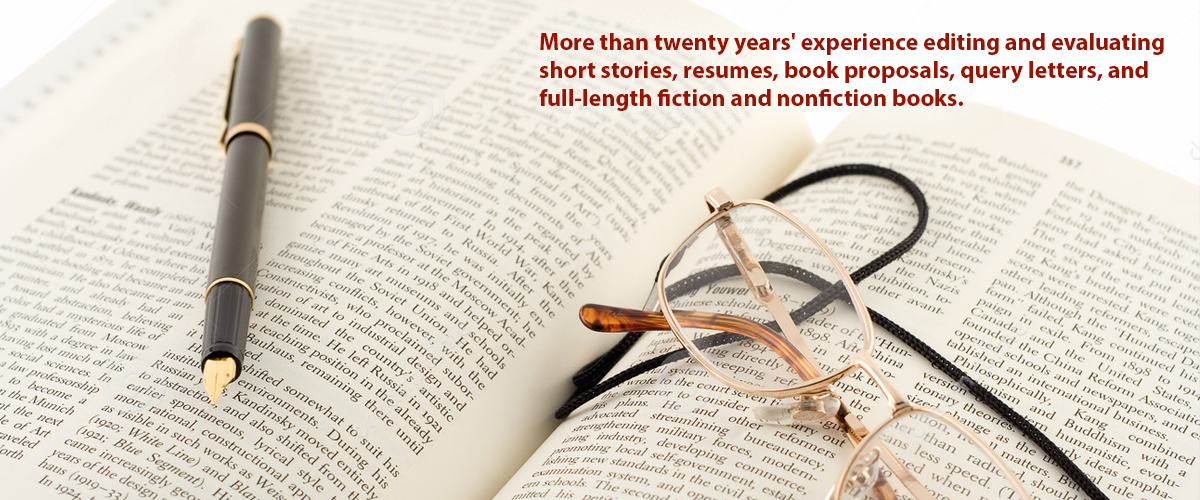Nonfiction comprises many categories and is fundamentally different from fiction. Fictitious stories are made up. Writers don’t have to stick to facts or formulas, although it’s nice to keep novels within the realm of possibility. Fictional stories need to be plausible, but nonfiction books must be accurate.
At Book Magic, first, we examine nonfiction manuscripts for structure. We want to ensure that the Table of Contents is organized and that the topics you have chosen to discuss chapter by chapter appear in the right order. Does everything make sense sequentially? Does it flow?
We also ensure that you do not have repetition so that a topic that you’ve covered in Chapter 3 doesn’t pop up again in an almost identical fashion in Chapter 13. We ask ourselves if you are using the right language and tone for your audience, and we look for any inconsistencies in your message or parts of the manuscript that may make sense to you but might confuse the reader. We check hyperlinks to ensure you have not cited a broken or out-of-date website, and we review your reference section.
Our editors look for wordiness; perhaps you have used three paragraphs to express something you could have said in ten words. Or maybe you went off on a tangent and put something in chapter 7 that belonged in chapter 4. Perhaps your nonfiction manuscript started out well and captured the reader’s attention, but halfway through the book, our editors were yawning. We bring these issues to your attention, and better yet, we provide solutions.
Manuscript evaluations for nonfiction contain multiple comments in the margins where our editors have posed questions or made suggestions for change. This way, you are in control. You decide which of our recommendations to implement and which to dismiss. Ultimately, having a manuscript evaluation before proofreading or copy editing greatly increases your chances of having a professional and polished product for publication.
Manuscript evaluations are 1.5 cents per word.




